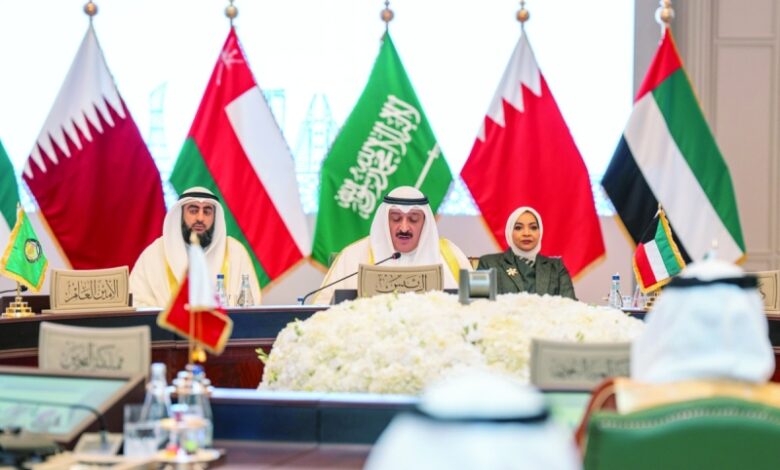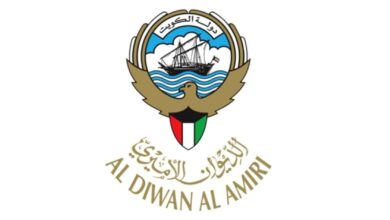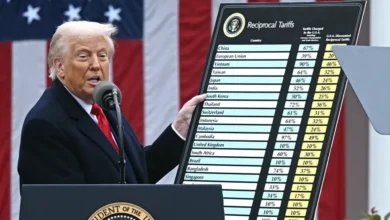Gulf Health Ministers approve strategic plan to strengthen regional health cooperation

The Minister of Health and Chairman of the current session of the Gulf Cooperation Council (GCC) Health Ministers’ Committee, Dr. Ahmed Al-Awadhi, chaired today the 88th meeting of the GCC Health Ministers Council, hosted by Kuwait.
In his opening remarks, Dr. Al-Awadhi emphasized that the meeting discussed “a package of important topics that embody the shared Gulf vision,” foremost among them the Gulf Public Health Plan (2026–2030) — a roadmap for the coming years designed to enhance prevention, promote public health, and bolster readiness to confront future risks.
He noted that the agenda also included the Unified Procurement Program, which serves as a practical model of Gulf integration in rationalizing spending, enhancing supply efficiency, and ensuring the availability of medicines and medical supplies. Additionally, the meeting addressed the Joint Drug Registration Project, aimed at standardizing regulations and facilitating access to safe and effective medicines for Gulf citizens, reports Al-Rai daily.
In conjunction, Dr. Al-Awadhi also chaired the 11th meeting of the GCC Health Ministers’ Committee, affirming that the GCC health cooperation process “is progressing steadily based on a shared vision to improve healthcare services and protect Gulf society from various challenges.”
He highlighted that the GCC’s decades-long journey “has yielded remarkable achievements in health coordination and joint projects, making Gulf health cooperation a model at both regional and international levels.”
The meeting further discussed the unification of classification and registration procedures for health specialties, considered a vital step to ensure the free movement of medical competencies among GCC states and enhance the quality of performance across health sectors.
GCC Secretary-General Jassim Al-Budaiwi lauded the achievements of the Gulf health sector, noting its pivotal role in translating the visions of GCC leaders into tangible improvements in citizens’ quality of life.
He revealed that the Gulf health system has seen significant growth, with the number of hospitals exceeding 863 facilities, reflecting an annual growth rate of 1.5%, while health centers and complexes have reached over 3,400 facilities, with 2.5% annual growth.
The GCC General Secretariat announced that the health ministers approved several strategic decisions and initiatives to further develop the Gulf health system and strengthen joint cooperation.
These included adopting the Gulf Strategic Outcomes for Combating Drugs, focusing on treatment and rehabilitation; approving a unified work plan for 2026–2030; and launching the second phase of classification and registration procedures for health practitioners across GCC countries.
These outcomes, officials emphasized, reaffirm the GCC’s commitment to advancing collective health security, sustainable development, and the well-being of all Gulf citizens.
Follow The Times Kuwait on
X, Instagram and Facebook for the latest news updates












